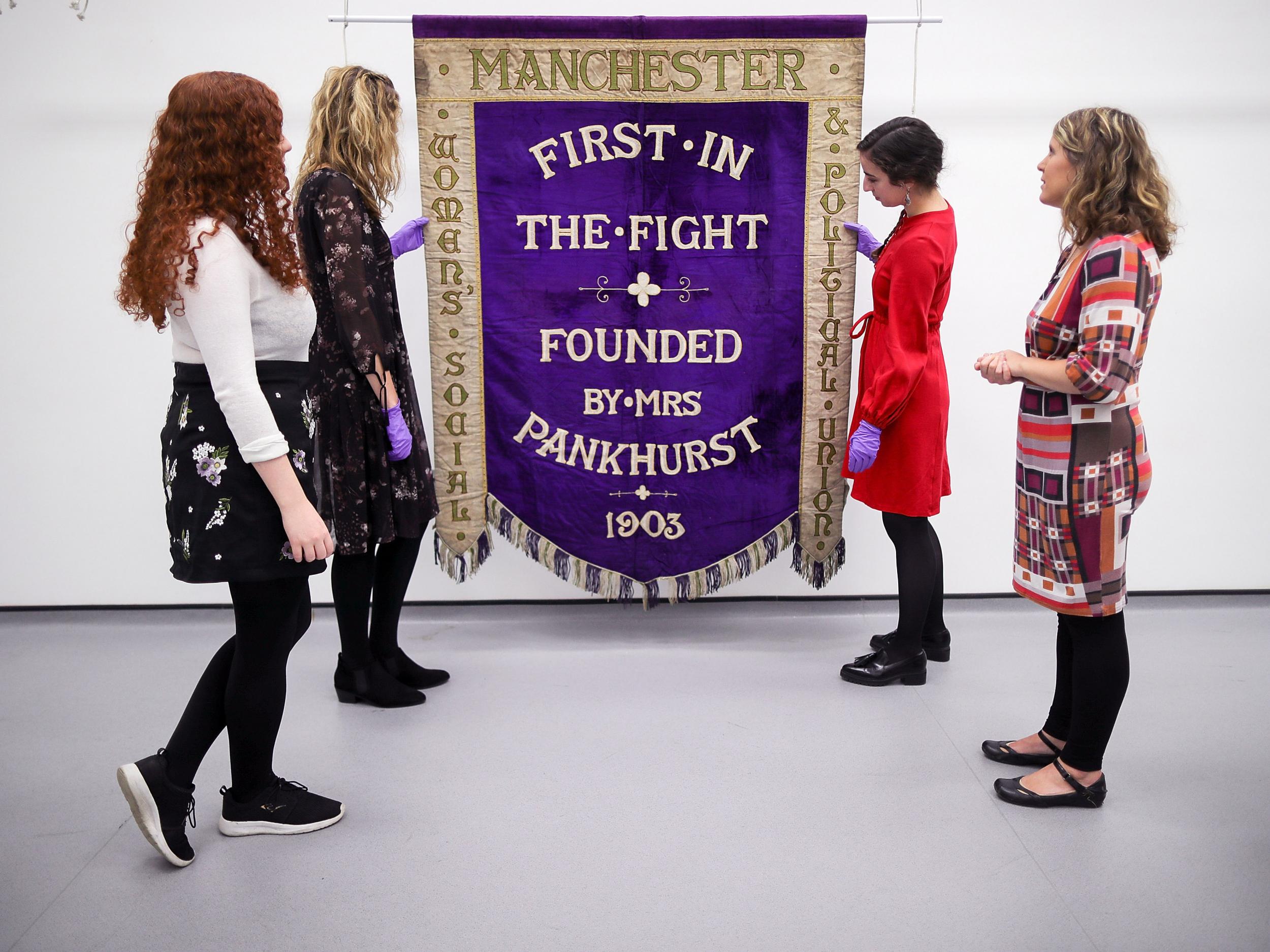It might be 100 years since women got the vote – but our society is still sexist
The Women and Equalities Select Committee, which I chair, has collected a catalogue of evidence that clearly points to the need for a radically different approach when it comes to women’s equality

It is inspiring in this centenary year to hear about the formidable work of the Suffragette and Suffragist movements, securing for women the right to vote and stand for election – it’s part of the basic history of our “island story” that is seldom told.
Much has been achieved as a result of this change but the evidence shows full equality for women is still not a reality. The basic democratic deficit that women faced in 1918 may have been addressed in law but inequality for women still blights Britain. This centenary year of celebration is a time to look forward and to consider how we continue to fight for women’s equality in the next 100 years.
It’s important to acknowledge that Britain does have some of the best equality laws in the world; women are achieving better than men at every level of education; more women than men achieve the best degrees from our best universities and have done for two decades; and there are record numbers of women in work.
Yet, for too many women that positive change has not translated into real life equality – far from it: women are disproportionately more likely to be in low pay, low skilled work with little or no prospect of progression; they are increasingly likely to experience unlawful discrimination or even lose their job because they are pregnant; and the gender pay gap for women over 35 is more entrenched than ever.
When it comes to those in positions of power, while we may have our second female Prime Minister, there are just seven women chief executives leading FTSE 100 companies and just one in three members of the House of Commons is female.
The Women and Equalities Select Committee, which I chair, itself only established less than three years ago under the incoming Cameron Conservative Government, has collected a catalogue of evidence that clearly points to the need for a radically different approach when it comes to women’s equality.
Sexual harassment at work and pay discrimination have been hitting the headlines in the past months – both are already against the law. But these are laws that lack teeth and lack enforcement, putting them low on the agenda of many employers.
Giving existing law more teeth and making sure those with enforcement powers use them is a good start but if our country is to be at its very best we need to complete a long-overdue modernisation of the workplace. And here is where millennial men will play their part in women’s equality too. Work life balance, particularly flexible working, is high on the agenda of the under 35s.
British business is on notice to modernise and embrace Prime Minister Theresa May’s calls for all jobs to be “flexible” from day one. As we leave the EU our country can’t afford not to be using all of the talent in our ranks. As we celebrate 100 years of having the right to vote we must quicken the pace towards broader equality in more women’s day-to-day lives too.
Maria Miller is MP for Basingstoke, a Conservative politician and chair of the Women and Equalities Select Committee
Join our commenting forum
Join thought-provoking conversations, follow other Independent readers and see their replies
Comments